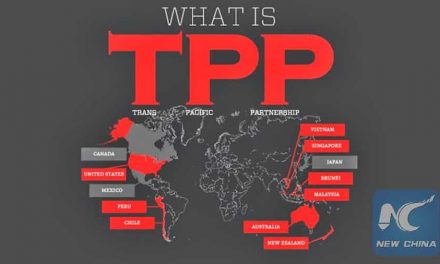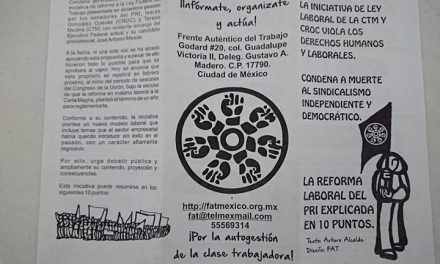European parliament urged to ignore Canadian lobbying, protect fuel quality directive from Canada-EU trade deal
October 20, 2011
The Council of Canadians today sent a letter to all Members of the European Parliament (MEPs) urging them to ignore Canadian pressure when they are asked to vote, as early as December 2, on an important fuel quality policy that rightly lists all tar sands crude as more polluting than conventional oil. The organization warns European decision makers that unless they also carve out the Fuel Quality Directive from the Canada-EU free trade negotiations, they risk legal challenges by Canadian or European oil firms through a proposed investor-state dispute process proposed by Canada.
“The Harper government has made it painfully clear it does not care about protecting the environment, respecting Indigenous rights in the tar sands region or the right of democratically elected governments to decide how they want to transition away from dirty fuel. By opposing the Fuel Quality Directive, Harper is working for the rich oil companies while ignoring the facts in front of us about climate change,” says Andrea Harden-Donahue, energy and climate justice campaigner with the Council of Canadians, explaining why the organization wrote to the European parliament today.
The Council along with a number of other Canadian and European civil society organizations have consistently exposed the Canadian government’s lobbying against listing tar sands as a high-carbon fuel in the Fuel Quality Directive, which would discourage tar sands crude from entering the European market. Today in the UK, London School of Economics students and activists presented Joe Oliver, Canada’s natural resources minister, with the ‘Greenwash Propagandist of the Year Award’ for his efforts to contort the science, dismiss the human consequences of tar sands extraction and to re-brand the world’s most destructive project as secure, reliable and sustainable.
The Council of Canadians has also been opposing the Canada-EU free trade negotiations, partly because a proposed investment chapter in the deal would give oil companies new tools with which to undermine or block climate policies they don’t like, in the EU and Canada. The Canadian Centre for Policy Alternatives proposes in a new report on the Fuel Quality Directive that EU decision makers must cave out the policy from the Canada-EU trade deal.
“Harper is threatening to take the EU to the WTO if tar sands are listed as more polluting in the new fuel policy. We say let them. It is more important for the EU to carve out its policy, and preferably all climate measures, from an impending Canada-EU free trade agreement,” adds Stuart Trew, Council of Canadians trade campaigner. “If oil companies are given the power to sue the EU like investors can sue governments under NAFTA and other trade agreements, it is almost a guarantee they will do so to challenge environmental, public health or other social policies that threaten their profits in dirty oil.”
The Conservatives have the support of governments in France, the Netherlands and the UK in their corporate campaign against the Fuel Quality Directive. Not surprisingly, these countries are home to Total, Shell and BP respectively. These firms have considerable investment in the Alberta tar sands and would benefit from strong investment protections in the Canada-EU trade deal.
-Read the letter to MEPs (PDF)
-Read the legal opinion on CETA and the tar sands (PDF)
-Read the new CCPA report on tar sands and CETA
For More information:
Dylan Penne, media officer, Council of Canadians: 613-795-8685
dpenner@canadians.org




